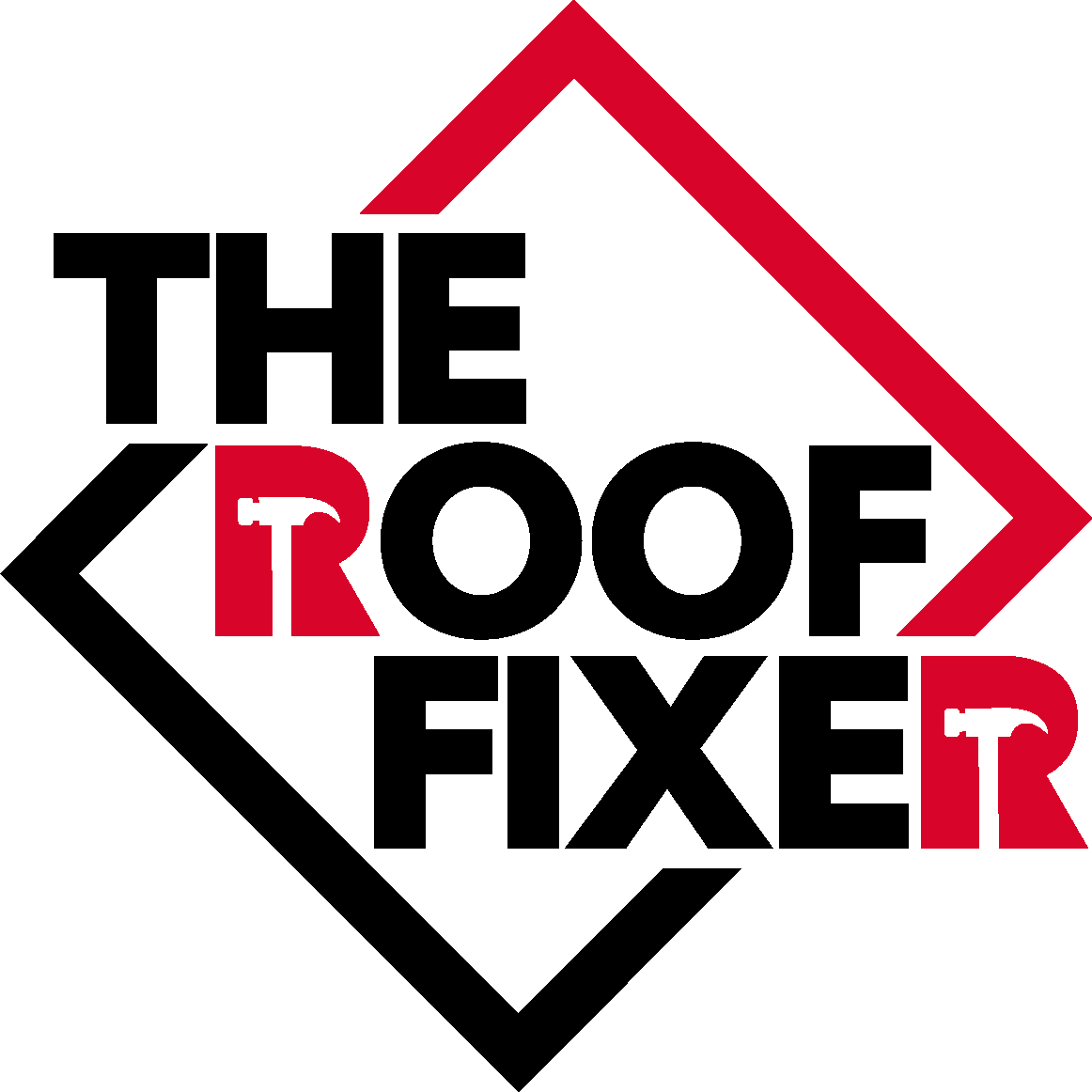Roof plan & Insulation
Roof planning and insulation are important considerations when building or renovating a home. The right roof and insulation can help to protect your home from the elements, reduce energy costs, and improve the overall comfort of your home. Here are eight key points to consider when it comes to roof planning and insulation:
The design of your roof will depend on the style of your home and the climate you live in. Factors to consider include the slope and pitch of the roof, the type of materials to be used, and the location of the roof in relation to the sun.
It’s important to understand the warranty options available for your roof and insulation. Some manufacturers offer long-term warranties for their products.
There are many different types of roofing materials available, including asphalt shingles, metal, wood, clay or concrete tiles, and rubber. Each material has its own unique benefits and drawbacks, so it’s important to consider the specific needs of your home when selecting a material.
Proper insulation is essential for a healthy and energy-efficient home. Insulation helps to keep your home warm in the winter and cool in the summer, reducing energy costs and improving comfort. There are several different types of insulation available, including fiberglass, cellulose, and spray foam, each with its own unique properties.


Adequate ventilation is also important for a healthy and energy-efficient home. Proper ventilation helps to regulate the temperature and moisture levels in your attic, preventing issues such as mold, rot, and ice dams. There are several different types of ventilation systems available, including static vents, wind turbines, and ridge vents.
Choosing energy-efficient roofing and insulation materials can help to reduce your energy costs and lower your carbon footprint. Options such as metal roofing and solar panels can help to improve the energy efficiency of your home.



